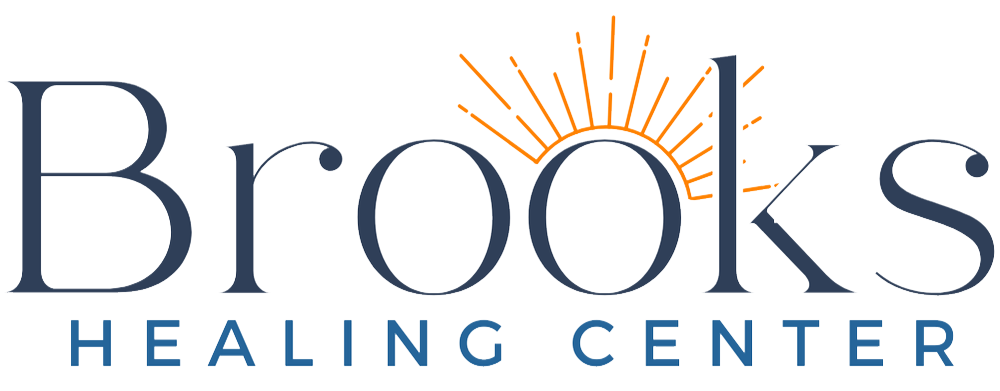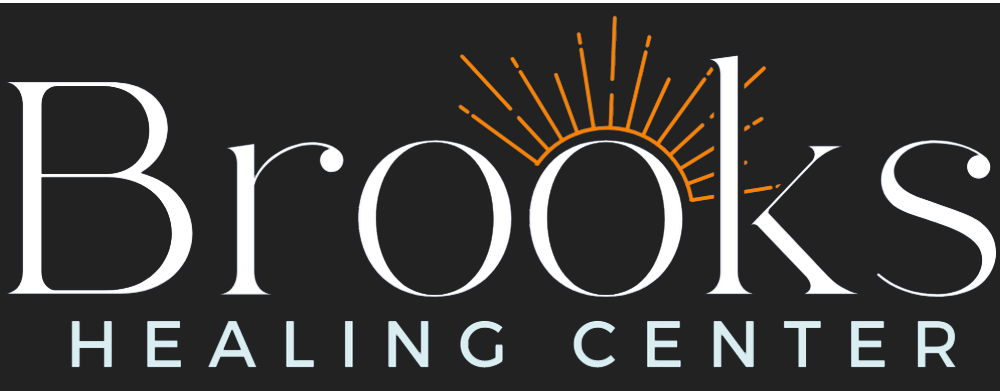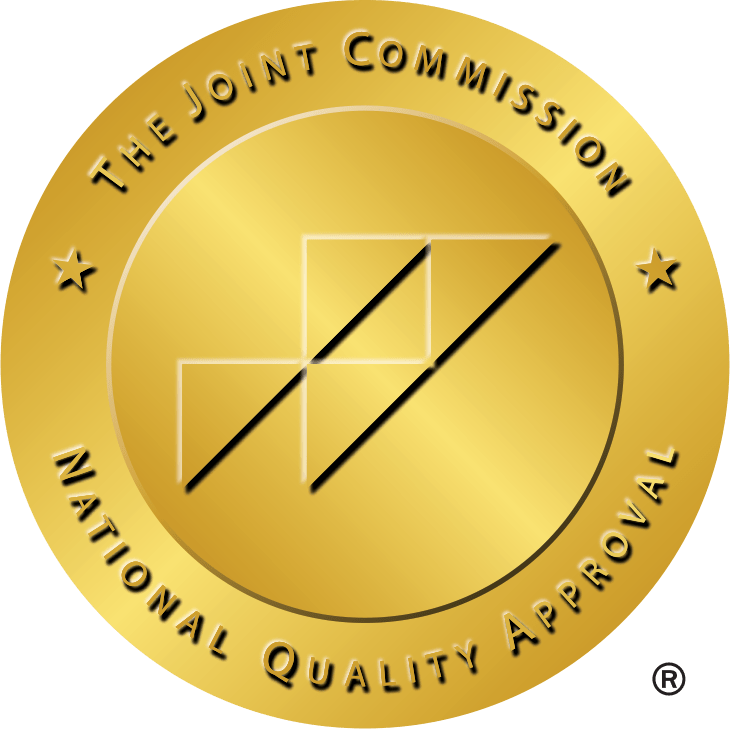Heroin use manifests through a variety of alarming signs and symptoms that can severely affect your physical health and daily functioning. At Brooks Healing Center, we emphasize the importance of recognizing these indicators – such as drastic weight loss, skin changes, and erratic behavior – as crucial steps toward effective intervention and recovery.
If you or someone you know is showing signs of heroin use, it’s vital to seek professional help immediately. Contact us today to learn more about how we can support a path to recovery and a healthier future.
Table of Contents
Key Points
- Heroin is a highly addictive opioid derived from morphine, commonly abused for its intense euphoric effects
- Heroin is dangerous due to its potential for severe health complications and overdose risks.
- Heroin addiction often starts with recreational use and rapidly leads to physical dependence, resulting in escalating doses and significant impacts on health, behavior, and relationships.
- In 2022, there were 107,941 drug overdose deaths, with heroin accounting for 9,173 of these fatalities in 2021 alone.
- Heroin addiction manifests through physical symptoms like drowsiness and constricted pupils, behavioral changes such as secretiveness, and psychological issues including intense cravings and mood swings.
What is Heroin?
Heroin is a powerful, highly addictive opioid drug derived from morphine, a natural substance extracted from the seed pod of the opium poppy plant.[1] It’s commonly found as a white or brown powder or as a black, sticky substance known as "black tar heroin." Heroin is often abused for its intense euphoric effects, which occur when the drug rapidly crosses the blood-brain barrier and is converted back into morphine in the brain.[2] This leads to a surge of pleasurable sensations and a profound sense of well-being, making it highly addictive and dangerous. The illicit nature of heroin use, combined with its potency, significantly increases the risk of overdose and other severe health complications. Chronic use can lead to physical dependence, where the body adapts to the drug, requiring larger doses to achieve the same effects and resulting in withdrawal symptoms when not used. Additionally, heroin use often leads to dangerous behaviors, including needle sharing, which can increase the risk of contracting infections such as HIV and hepatitis. In 2021, approximately one million people over the age of 12 reported using heroin within the past year.[3] Around the same amount of people were diagnosed with a heroin use disorder during the same period.Heroin Addiction and Abuse
Heroin addiction often begins with the initial use of the drug, which can quickly lead to compulsive patterns of behavior due to its powerful effects on the brain's reward system.[4] Users may start with recreational or experimental use, driven by the intense euphoria and relief from pain or stress that heroin provides. However, because heroin rapidly induces a sense of well-being and pleasure, it can lead to repeated use and escalating doses. Over time, the body becomes physically dependent on the drug, and users find themselves needing to consume increasing amounts to achieve the same effects, ultimately resulting in addiction. The consequences of heroin addiction affect nearly every aspect of a person's life. Physically, heroin abuse can lead to severe health issues, including respiratory problems, collapsed veins, liver disease, and an increased risk of infectious diseases.[5] Psychologically, addiction can cause significant changes in mood and behavior, contributing to mental health disorders such as depression and anxiety. Additionally, the compulsion to obtain and use heroin often results in damaged relationships, financial difficulties, and legal problems, as users may resort to illicit activities to support their addiction. Addressing heroin addiction requires a comprehensive approach that encompasses both medical and psychological support to help people reclaim their health and rebuild their lives.Heroin Quick Reference Chart
| Drug Category | Commercial & Street Names | DEA Schedule | Administration |
| Opioid | Brown, beast, China white, horse, H, junk, smack | Schedule I | Injected, snorted |
What are the Symptoms of Heroin Addiction?
Heroin addiction manifests through a variety of symptoms that affect physical health, behavior, and mental well-being:[6] Physical Symptoms- Persistent drowsiness or “nodding off”
- Constricted pupils
- Extreme weight loss
- Poor personal hygiene and neglect of appearance
- Frequent infections or abscesses from needle use
- Respiratory issues, such as slowed or irregular breathing
- Secretive behavior and withdrawal from social interactions
- Decline in work or academic performance
- Financial difficulties or theft to obtain the drug
- Neglect of personal responsibilities and relationships
- Intense cravings and preoccupation with using heroin
- Mood swings, irritability, and emotional instability
How Many People Die From a Heroin Overdose?
There were 107,941 drug-related fatalities in 2022, and heroin accounted for 9,173 deaths reported in 2021 alone.[7, 8] Recognizing the signs of a heroin overdose is crucial for timely intervention and potentially saving lives. Common signs of a heroin overdose include:[9]- Unresponsiveness: The person may be unconscious or unable to wake up despite attempts to rouse them.
- Slow or irregular breathing: Breathing may be noticeably slow, shallow, or intermittent, which can be a sign of respiratory depression.
- Bluish or grayish skin: A bluish or grayish tint to the skin, especially around the lips and fingertips, indicates a lack of oxygen and is a serious emergency.
- Pinpoint pupils: Heroin overdose often causes the pupils to constrict to the size of a pinhead.
- Choking sounds: The person might make gurgling or choking sounds, which could indicate that their airway is blocked.
What Are My Options for Heroin Addiction Treatment in Tennessee?
If you or a loved one is struggling with heroin use in Tennessee, Brooks Healing Center offers comprehensive treatment options designed to address every aspect of addiction. Our program offers detoxification, where patients safely withdraw from heroin under close medical supervision. This process ensures that the body is cleansed of all opioids while managing heroin withdrawal symptoms in a controlled environment. Following detox, most patients transition to residential care, where they live at the treatment facility full-time and participate in an intensive, structured program. Residential care provides round-the-clock support and therapy, offering a focused environment for recovery and personal growth. At Brooks Healing Center, we employ a variety of evidence-based and holistic treatment modalities to support recovery from heroin addiction:- Cognitive Behavioral Therapy (CBT): A structured talk therapy that helps people identify and modify negative thought patterns and behaviors related to addiction.
- Experiential Therapy: Uses activities and experiences to help clients process emotions and develop new coping strategies.
- Trauma-informed Care: Aims to create a safe, supportive environment by addressing the impact of trauma on addiction and mental health.
- Brainspotting (BSP): A therapy technique that helps process and resolve deep-seated trauma and emotional issues by targeting specific eye positions.
- 12-Step Program: Provides a structured approach to addiction recovery based on the principles of Alcoholics Anonymous, offering community support and guidance.


